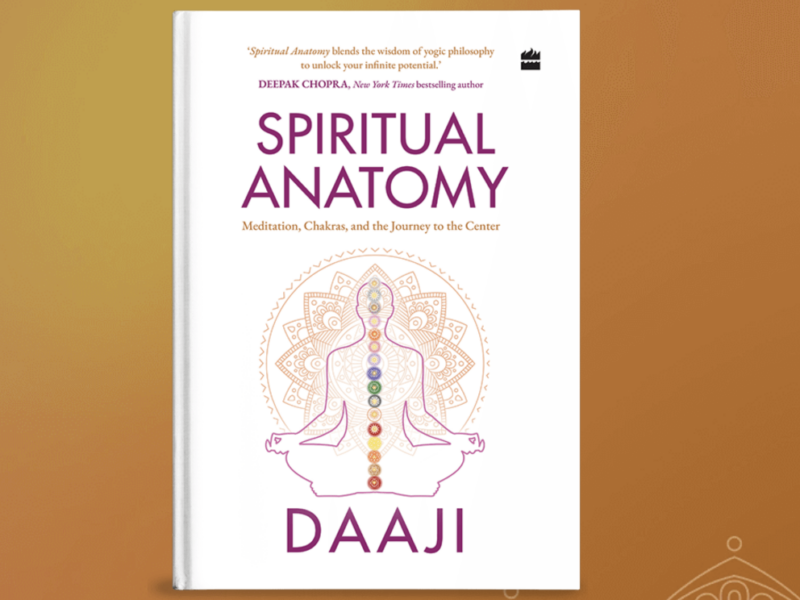Learn how to listen with compassion to your body, breath, feelings, and thoughts. This deep listening helps you cultivate the kind of conscious relaxation that allows you to stay open, present, and curious in situations where you normally wouldn’t.
What Is Deep Listening?
This compassionate listening isn’t so much a specific technique as it is an approach to how you receive and respond to yourself—it’s how you listen to your body, breath, feelings, and thoughts. It’s the process of showing up for yourself and meeting yourself in a more curious, kind, and compassionate way. When you pay attention to yourself in this way, you set the conditions for conscious relaxation, allowing you to stay more calm and open with yourself, others, and your circumstances.
The Benefits of Deep Listening
Deep listening is an intentional activity. Humans aren’t designed to let our guards down easily, so we need to progressively and methodically create a foundation that enables us to stay calm when we have the impulse to do the opposite. Deep listening helps you cultivate the kind of conscious relaxation that allows you to stay open, present, and curious in situations where you normally wouldn’t.
Deep listening also grants you access to your wise inner guidance, allowing you to “respond” rather than “react” and make more mindful, nourishing, and compassionate choices.
As part of a restorative yoga practice, Deep Listening helps you discover how and where you are holding tension in your body and mind and allows you to hear what is stored inside this physical, emotional, and mental discomfort. And the truth is, you may not be so “enthusiastic” about making contact with your tension and what it holds. This is the “stuff” that you’ve purposely been ignoring, avoiding, denying, etc. At first, listening inward may make you anxious. You may not trust that you can handle what you will hear, feel, or learn. However, for most of people, it’s more debilitating to live in a body that’s holding tension. It’s draining to live a life in which you’re not really “listening” but rather constantly reacting to emotional triggers in ways that sabotage your health and well-being. Deep Listening allows you to soften and care for yourself so that the stories, the information, and the feelings you are carrying won’t continue to limit your physical, emotional, and mental wellness.
Initially, Deep Listening might feel scary, but with practice, you’ll eventually find yourself in front of an old trigger and it won’t have the same impact. You’ll find that what used to make you feel the urge to fight, flee, or freeze may no longer control you, and you may instead find yourself responding wisely, compassionately, and artfully.
How to Practice Deep Listening
Here’s how to set the stage for this compassionate listening:
- Welcome yourself. Pause to welcome yourself, in whatever state you’re in. You can show up more when you feel welcomed.
- Get grounded. Consciously allow your body to land on the earth so that you feel the support underneath you holding you up. Restorative yoga poses and props help you do this.
- Breathe freely. When you feel grounded, you can turn your attention to your breath and grow more familiar with the ways you may habitually “hold” your breath. Practice allowing your breath to flow more freely and fully.
- Listen inward. As you grow present with your breath, begin to listen inward. Practice kindly and compassionately noting how you “feel” without adding on judgment. This is the heart of deep listening. As you practice responding to yourself with kindness and curiosity rather than judgment, your nervous system shifts from the stress response to the relaxation response, which calms muscular tension, sets the whole body up for deep healing, growth, and repair, and allows you to access your inner wisdom and sense of wholeness.
Deep Listening is an approach to take daily, not a practice you ever finish or accomplish. It is a way of meeting your feelings, circumstances, and challenges with the intention of staying relaxed, curious, and open in the face of all of it. This skill not only changes the way you respond to stress, it actually leaves you feeling less stressed, increases the amount of joy in your life, and sets the conditions for you to evolve.







